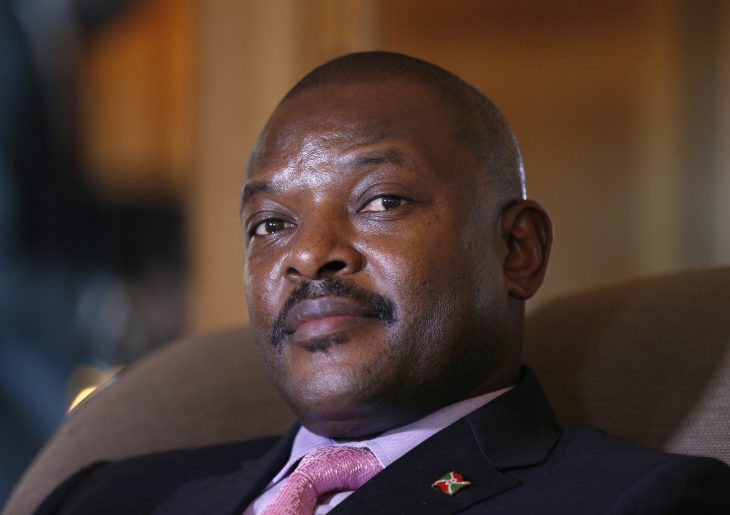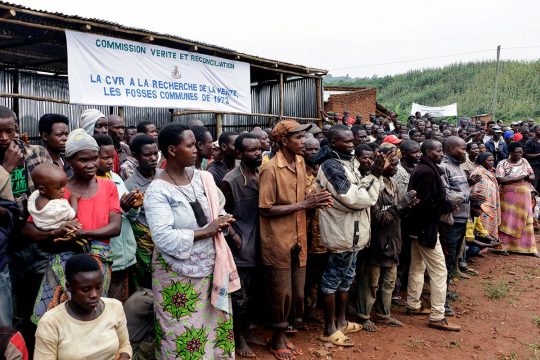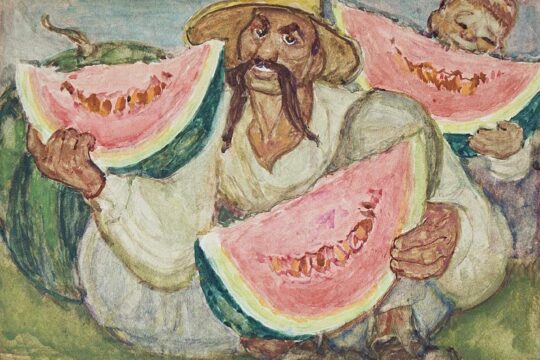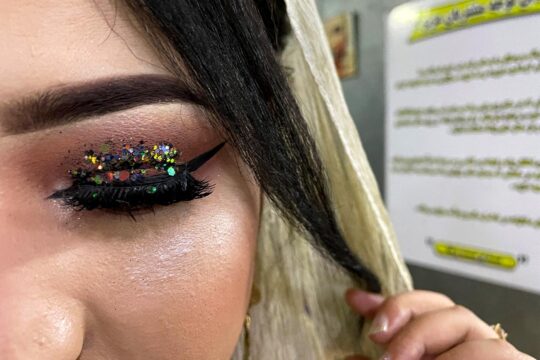Burundi's President Pierre Nkurunziza and his ruling party have moved the country toward violent dictatorship, rights groups said Tuesday in a report that slams the international community for inaction.
A "purge" of ethnic Tutsis from the army, a crackdown on opposition and media and a bid to change the constitution to allow unlimited presidential terms are signs of an "increasingly violent dictatorial regime", it said.
The tiny central African state was plunged into political crisis in April 2015 when Nkurunziza announced his intention to run for a third term which he went on to win.
At least 500 people have been killed in ensuing violence, according to the UN -- although rights groups put the figure at over 1,000 -- and more than 400,000 have fled the country since the crisis began.
In their report the International Federation for Human Rights (known by its French acronym, FIDH) and partner groups describe how the ruling party has tightened its stranglehold during a two-year conflict.
It said the ruling CNDD-FDD has become the sole state party, with monuments glorifying it erected, party flags placed at entrances to public schools and violent propaganda broadcast urging Burundians to be ready to fight and eliminate opponents.
"In a matter of two years, almost all the heads and activists of the political opposition have been silenced and hunted down by the Burundian authorities," it said.
The report details accounts of Tutsi soldiers who have disappeared, been arrested or brutally tortured or found dead.
It warns that without international intervention Nkurunziza could succeed in reversing history and establishing a Hutu-controlled regime based on a mono-ethnical army under the control of the authorities.
In Burundi, which has a long history of violence between Hutu and Tutsi communities, "this would represent a major risk for peace in the country, as in the region."
The report singles out the ruling party youth wing, the Imbonerakure, which it describes as a militia characterised by "ideological radicalisation" that has been recorded singing songs encouraging the rape of opposition women and is widely accused of human rights violations, including murder, rape and torture.
The FIDH urges "the international community to recognise the gravity of the situation in Burundi" and for the International Criminal Court (ICC) to quickly open an investigation.
It also says the African Union and UN should ensure political dialogue, impose an arms embargo and apply sanctions against Burundi officials.
"The international community's lack of determination and its incapacity to implement its own decisions " allow Nkurunziza to shore up his position ahead of a possible attempt to change the constitution to allow him to run again in 2020.
Burundi has repeatedly denied a campaign of repression and has harshly criticised UN warnings of a genocide risk.






